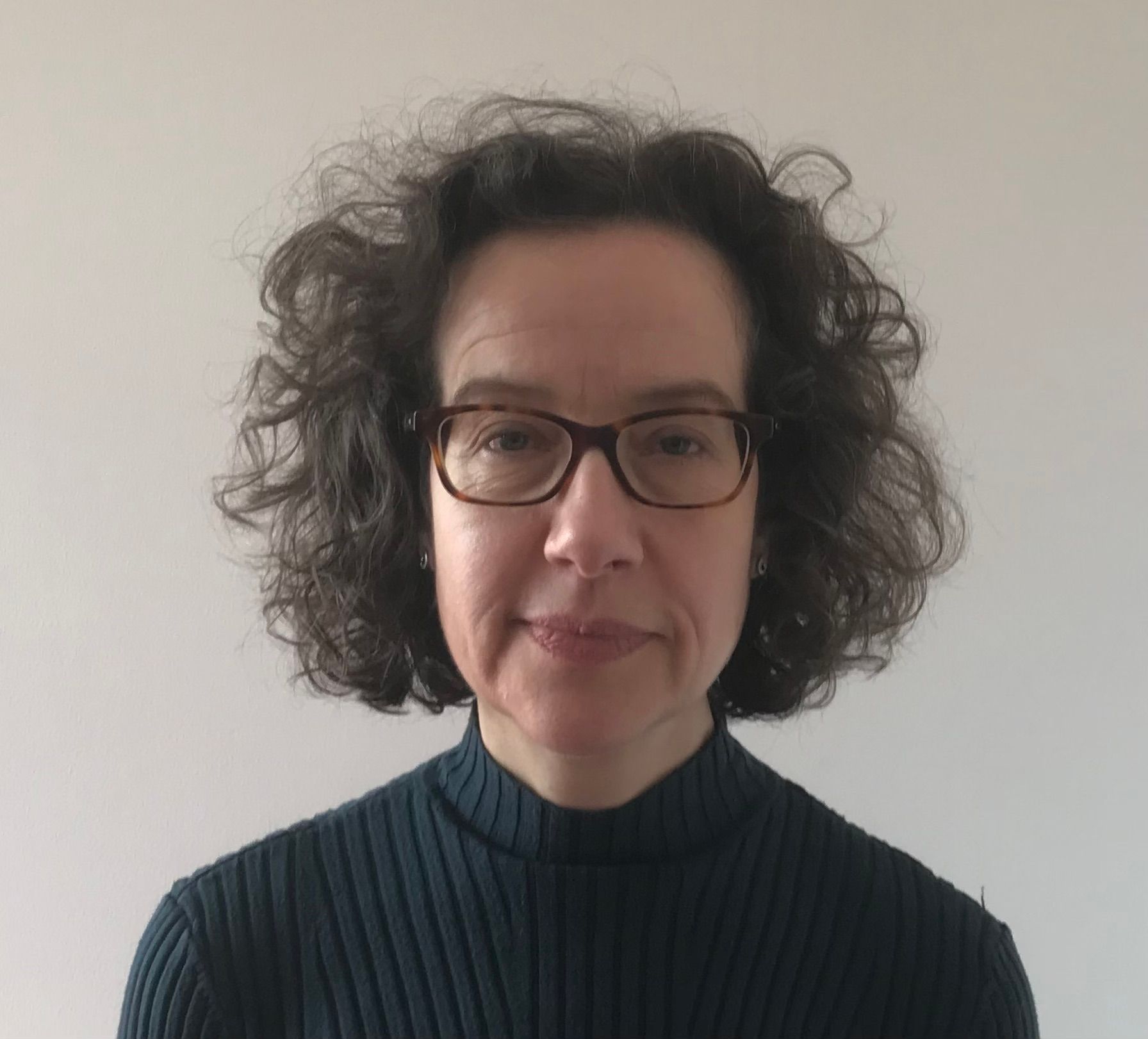09:00
-
45 mins
- Therapy Programme
Recognition of bone and soft tissue tumours and the pathway to follow.
10:00
-
45 mins
- Therapy Programme
11:00
-
45 mins
- Therapy Programme
This session explores innovative rehabilitation strategies for managing severe stiffness and pain following total knee replacement (TKR), with a focus on arthrofibrosis. Dr Sara Aspinall, a leading expert in knee arthrofibrosis, and Liz Jacobs, Advanced Physiotherapy Practitioner, will share insights into the causes and impact of post-surgical stiffness, as well as effective treatment approaches. **Learning Outcomes:** - Gain an understanding of the causes, risk factors, and effects of arthrofibrosis post-TKR. - Learn about innovative tools like the STAK device, designed for high-intensity, controlled stretching to reduce stiffness. - Engage in hands-on demonstrations of the STAK device and discuss its practical application. - Review case studies and service evaluation data on the use of the STAK tool in clinical practice. - Collaborate with peers to develop actionable recommendations for improving rehabilitation protocols and patient outcomes.
12:00
-
45 mins
- Therapy Programme
A session focussing on the recognition and initial management of suspected Cauda Equina Syndrome and other serious spinal pathologies in the Primary Care setting.
13:00
-
45 mins
- Therapy Programme
What sort of blood tests to request and how to interpret the results.
14:00
-
45 mins
- Therapy Programme
The aim of the talk is to empower all health professionals with knowledge and awareness regarding identification and recognition of symptoms of Pelvic Floor Dysfunction, and to facilitate timely referral to specialist treatment where needed.
15:00
-
45 mins
- Therapy Programme
The aim of this session is to equip primary care clinicians with the essential knowledge and skills to effectively identify patellofemoral instability, understand its contributing factors, and determine appropriate management pathways. Attendees will gain a deeper understanding of the clinical reasoning involved in diagnosing and treating this condition, with a particular focus on the role of the multidisciplinary team (MDT) in delivering optimal care. Throughout the session, participants will learn how to assess the various factors that contribute to patellofemoral instability, including anatomical, mechanical, and functional considerations. By the end of the session, clinicians will have a comprehensive understanding of patellofemoral instability, empowering them to provide well-informed, patient-centered care and collaborate effectively with specialists in managing this complex condition.
16:00
-
45 mins
- Therapy Programme
This session will explore: The types and pathophysiology of SpA Key clinical features, diagnostic challenges, and tools like the SPADE assessment for early detection. Referral pathways and criteria. Evidence-based guidelines ,pathways and management strategies in primary care. Real-life case studies demonstrating the importance of early intervention and multidisciplinary care. Attendees will leave with a clear understanding of how to identify, diagnose, and manage inflammatory back pain in their practice, enhancing patient outcomes and reducing delays in treatment.
09:00
-
45 mins
- Therapy Programme
10:00
-
45 mins
- Therapy Programme
A session focusing on how to support patients with arthritis to self-manage, taking into consideration the benefits of physical activity, diet, sleep and work.
11:00
-
45 mins
- Therapy Programme
A session focusing on the diagnosis and management of hand OA, including symptoms, diagnosis and management.
Session Learning Outcomes:
- To recognise clinical features of Osteoarthritis of the hand
- To identify investigations which aid in diagnosis
- To recount options for and limitations to pharmacological management of Osteoarthritis of the hand
- To be able to describe how Osteoarthritis of the hand impacts on daily life including work
- To be confident in accessing educational resources which are available to help people understand and manage their symptoms
- To be aware of non-pharmacological treatment of Osteoarthritis of the hand.
12:00
-
45 mins
- Therapy Programme
Lyme disease, transmitted via the bite of a tick, can often present as a musculoskeletal issue with joint and muscle pain, nerve pain, fatigue, weakness, pins and needles and numbness. It can also have many overlapping clinical symptoms with inflammatory arthritis, connective tissue disease, fibromyalgia and chronic fatigue syndrome. These later stage symptoms of Lyme disease can occur weeks, months or years after the initial infection, when the disease has become systemic and more complex. Physiotherapists have a key role to play in recognising these signs and symptoms within their patients. This session will discuss when to suspect Lyme disease, the relevant clinical questions to ask and what to do next. A case study will illustrate this learning. Learning outcomes: At the end of the session participants will: - Understand how Lyme disease is transmitted to humans - Recognise the multi-systemic signs and symptoms of Lyme disease - Understand the challenges in differentiating Lyme disease from other MSK conditions and masqueraders. - Recognise the key role that physiotherapists can play in identifying this complex disease.- Know how to access and use up-to-date guidelines on the diagnosis and treatment of Lyme disease - Have an awareness of the recognised scientific uncertainties and the need for further research.
13:00
-
45 mins
- Therapy Programme
This presentation aims to illuminate the factors that can engage patients in their care for Tibialis Posterior problems. We'll spotlight ultrasound imaging and orthotic control while considering systemic implications to treatment outcomes. This will offer insights into recognising potential hurdles to establish realistic expectations, optimising treatment outcomes.
14:00
-
45 mins
- Therapy Programme
Chronic Widespread Pain / Fibromyalgia has a UK prevalence of 1 in 20 of the general population. It is difficult to treat and a frustrating condition for both clinicians and patients. There is a trend for this to be solely managed within Primary Care despite apparent uncertainties about diagnosing and managing this condition. Chris will discuss options both from the latest guidance, but also from his experience.
15:00
-
45 mins
- Therapy Programme
A summary of the evidence and expert consensus on the role of exercise for osteoporosis and bone health. The session aims to increase understanding about safe and effective exercise interventions to promote bone strength and reduce fracture risk. This will include advice about moving and lifting safely to reduce risk of fracture and how exercise can help with pain and posture problems as a result of vertebral fractures. Delegates will feel more skilled to assess and advise their clients and patients, reducing fears and encouraging a positive, practical and confident approach.


-(2).png)
)
)
)

)
)
)


)

)
)

)
)
)

.png)


